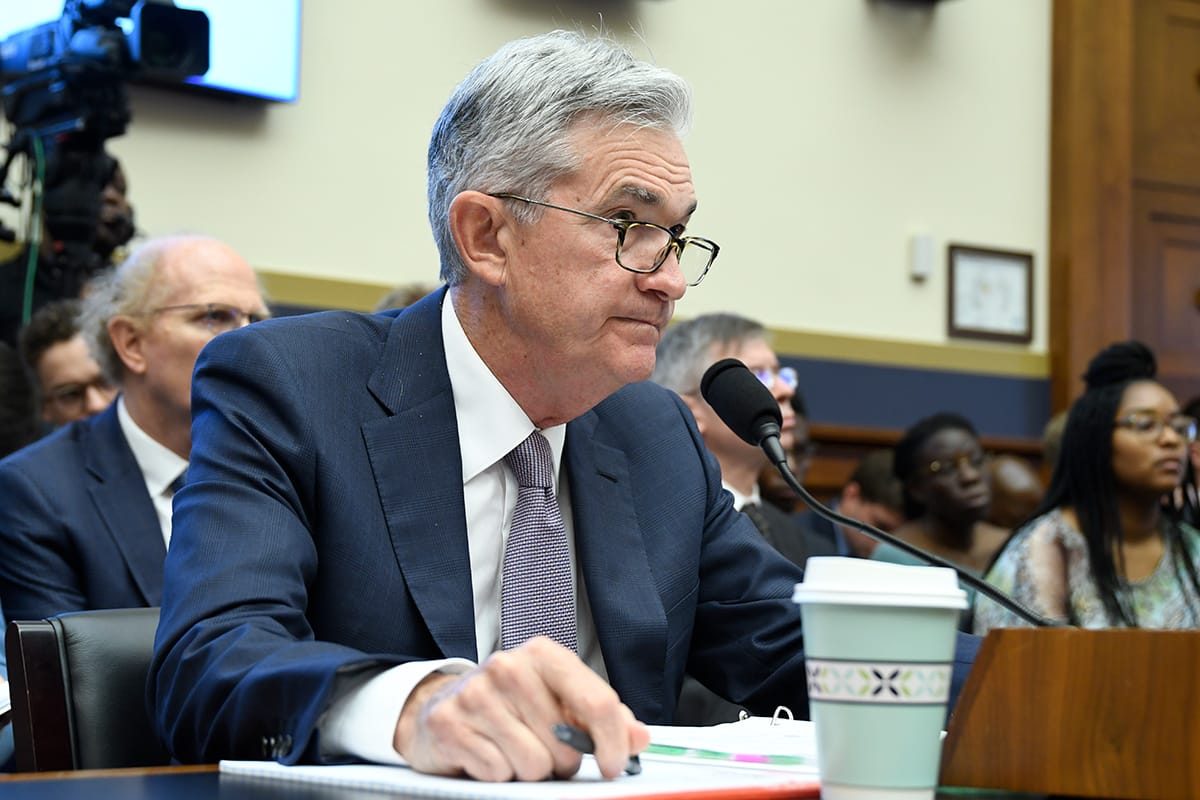In an effort to unify the Republican Party around fiscal responsibility and secure the necessary support for upcoming budget negotiations, former President Donald Trump has recently reached out to GOP lawmakers. This outreach underscores Trump’s enduring influence within the party as he emphasizes the necessity of spending cuts in the face of an expansive federal budget and ballooning national debt.
The former president’s statements come at a crucial time, as key factions within the Republican Party have expressed divergent views on the level of spending reductions necessary to achieve a balanced budget. While some lawmakers advocate for immediate and significant cuts, others have cautioned against overly aggressive reductions that might jeopardize necessary funding for vital government services and programs. This internal discourse reflects a broader debate within the party about the balance between fiscal conservatism and the responsibilities of governance.
In a recent event, Trump articulated his position, seeking to instill confidence in legislators by emphasizing the critical role that spending discipline plays in stabilizing the economy. His declarations aim to resonate particularly with budget hawks in the GOP who have consistently voiced concerns over the increasing federal deficit. By framing the conversation around the importance of fiscal restraint, Trump hopes to galvanize party members around a shared vision of responsible governance.
This maneuver is not just strategically aimed at advancing the Republican agenda; it also serves to reinforce Trump’s position as a leading figure in party dynamics. His historical role in shaping GOP priorities becomes increasingly relevant as lawmakers gear up for discussions that could have lasting implications for the party’s platform leading into future elections. Lawmakers have raised pressing issues regarding the national debt, which has reached unprecedented levels during recent administrations. Trump’s call for actionable spending cuts is thus framed within a reality that requires significant policy adjustments.
Trump’s reassurances come as a response to growing concerns that failure to adopt a unified strategy on budget cuts could lead to political fragmentation within the GOP. Lawmakers have expressed that divisions over spending could weaken the party’s appeal to voters seeking decisive action and clear policy direction. As Trump seeks to maintain a semblance of unity, he has encouraged party members to remain steadfast in their commitment to responsible financial management.
The discourse surrounding budget cuts is further complicated by ongoing discussions regarding tax reforms and revenue generation. While some Republicans support enhancing revenue as a means to alleviate pressure on the national budget, others advocate for strictly spending-focused solutions. Trump’s comments suggesting that prioritizing spending cuts may help bolster the party’s popularity among fiscal conservatives indicate his awareness of the nuanced challenges that lie ahead for the GOP.
Another critical aspect of Trump’s recent remarks involves the interplay between state and federal budgets. As governors and local leaders grapple with their fiscal priorities, Trump pointed out that strong leadership at all levels is essential for cultivating an environment where financial responsibility becomes a collective effort. He emphasized the need for collaboration among federal and state lawmakers to address economic challenges effectively. The interconnectedness of budgets at various levels reinforces the importance of a concerted effort among Republicans.
Furthermore, Trump’s engagement with party members highlights the significance of messaging as the GOP approaches the upcoming budget negotiations. The framing of spending cuts as a path toward responsible governance appeals to a wide audience, including not only party loyalists but also independent voters who prioritize fiscal responsibility. Therefore, a cohesive strategy that is well-articulated and focused on meeting the expectations of constituents may strengthen the party’s position moving forward.
As the budget discussions draw nearer, it will become increasingly vital for Republican lawmakers to navigate the complexities of internal party dynamics while responding to the fiscal realities of the present. The concepts Trump has put forth will likely shape the trajectory of these discussions, emphasizing the necessity for a united front among Republicans. The implications of these conversations will not only influence immediate budgetary outcomes but may also affect the party’s success in upcoming electoral contests.
In conclusion, Trump’s recent assurances to GOP budget holdouts reflect his ongoing influence in the party and underscore the critical importance of fiscal discipline in today’s economic landscape. As Republican lawmakers prepare for intensified discussions regarding budget priorities, the balancing act between competing perspectives on spending cuts will undoubtedly remain a focal point of contention. Whether or not party members can effectively unify around a shared vision for budget reform will determine the future trajectory of the GOP’s fiscal policies and its overall appeal to the electorate.


